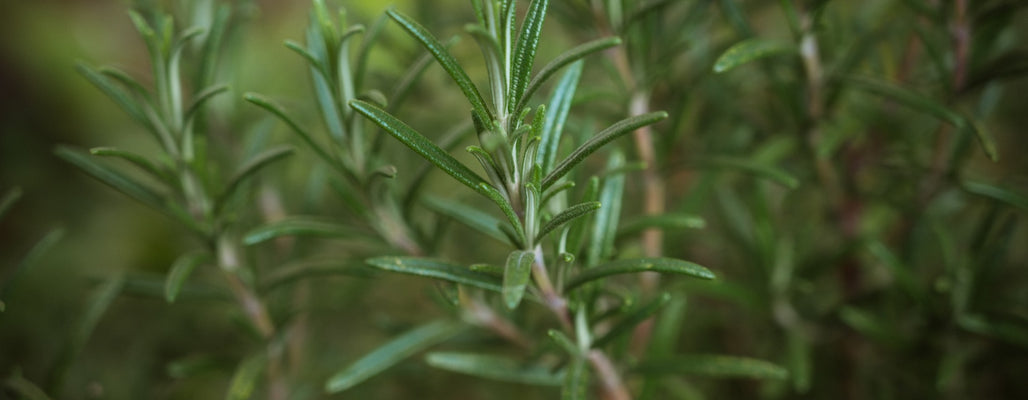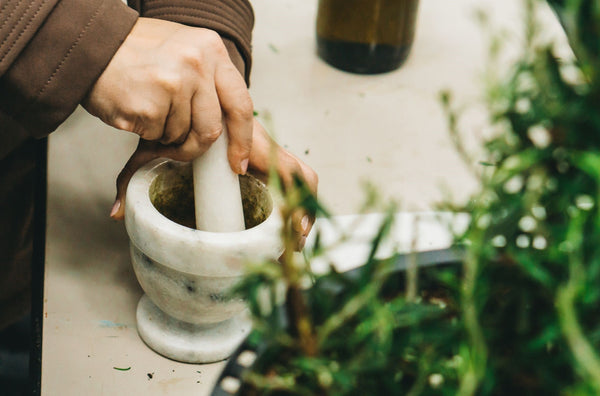
Generalities aren’t usually good for business. In the world of natural products, for instance, it’s nearly a given that preservatives are a bad thing. But if you’re in the business of making making and selling natural products, thinking in generalities could mean you’re missing out on a chance to extend their shelf life.
The Natural Preservative Option
Natural ingredients have natural expiration dates — that’s what being natural means. Since the majority of cosmetics and personal care items are stored in the bathroom, it’s important to include some ingredients with preservative qualities to protect from the plethora of disruptive bacteria that can turn a good product bad rather quickly. Poorly preserved products not only have limited shelf lives, but they also pose a health risk to consumers.
On the other hand, however, some consumers find that certain preservatives — like parabens — cause adverse skin reactions. And the rise of “preservative-free” products isn’t necessarily helping anyone.
The issue isn’t preservatives themselves. It’s the artificial nature of most skincare preservatives that causes problems. Many are petroleum-based, and along with the countless other synthetic ingredients in commercial products, artificial preservatives can cause skin and allergic reactions, especially over time, for those with skin sensitivities.
Rosemary Extract

The good news is, preservatives don’t have to be artificial. At Botanie Soap, we offer two natural preservative options, Rosemary Extract and Vitamin E Oil. Both are natural antioxidants, a characteristic that helps extend product shelf life. One of these products — Rosemary Extract — we use in our own soaps.
Rosemary extract (Rosmarinus officinalis) is the main natural preservative we use. As a natural antioxidant, Rosemary Extract helps extends the shelf life of our bars, preventing those unsightly brown spots that can form over time on bar soap as a result of oxidation.
Rosemary extract serves a similar purpose in the base-oil formulations for balms, creams, and lotions. For soapmakers looking to include rosemary extract in their recipe, it’s important to understand that the saponification process does not affect its preservative qualities.
Vitamin E Oil

Like rosemary extract, Vitamin E (T-50) oil (tocopherol) is a natural antioxidant. Antioxidants are nature’s way of neutralizing oxidative stressors in our environment, which can lead to early expiration dates for natural products but also harmful effects on the body. Some examples of oxidative stressors on the skin include UV radiation, emotional stress or poor diet. Our bodies typically produce antioxidants to balance everything out — but as we grow older, it becomes more of a challenge to ensure the correct antioxidant-to-free radical ratio in our bodies.
To this point, antioxidants like Vitamin E (T-50) oil or rosemary extract also benefit the skin. When used in higher quantities, its moisturizing properties can help improve the condition of aging and scarred skin by fighting free radical damage. Also similar to rosemary extract, Vitamin E oil works equally well in the recipes for bar soap, balms, creams, and lotions.
It’s always important to stay informed about the ingredients in your skincare products, especially in an industry where ingredients aren’t always revealed completely. It’s equally important to look beyond generalities. Once you realize you have a natural preservative option and don’t have to sacrifice shelf life to maintain your commitment to natural products, everything you make and sell will live longer on the shelf.
